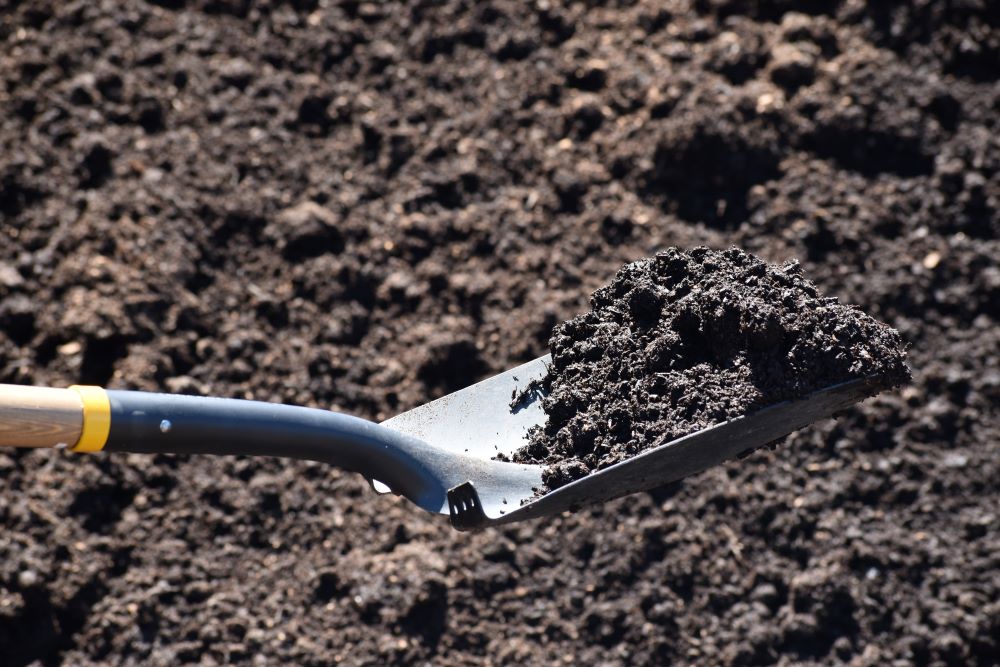
G’day, fellow Queensland gardeners! Did you know that a whopping 84% of Aussie households engage in some form of gardening? That’s right, we’re a nation of green thumbs! But with great gardens come great responsibilities – especially when it comes to keeping those pesky pests and sneaky diseases at bay. Don’t worry, though! I’ve got your back with this comprehensive guide to protecting your slice of Queensland paradise. Let’s dive in and make 2024 the year your garden truly thrives! ## Understanding Queensland’s Unique Gardening Challenges Well, there you have it, mates! Your comprehensive guide to keeping those Queensland garden nasties at bay. Remember, a healthy garden is a happy garden, and with these tips, you’ll be well on your way to creating a thriving oasis that’ll be the envy of the neighborhood. Don’t forget to stay vigilant, act early, and most importantly, enjoy the process! After all, there’s nothing quite like the satisfaction of nurturing your own little piece of Queensland paradise. So grab your gardening gloves, put on that sunhat, and let’s make 2024 the best gardening year yet!
Understanding Queensland’s Unique Gardening
Challenges
Ah, Queensland! It’s a gardener’s paradise, isn’t it? But let’s talk about the elephant in the room – our subtropical climate. It’s not all sunshine and roses, folks. This climate of ours brings its own set of challenges, especially when it comes to pests and diseases.
You see, our warm, humid conditions are like an all-you-can-eat buffet for garden pests. We’re talking about Queensland fruit flies, citrus gall wasps, and those pesky aphids that seem to appear out of nowhere. And don’t even get me started on the plant diseases! Black spot, powdery mildew, root rot – they all thrive in our climate.
But here’s the kicker: climate change is shaking things up even more. We’re seeing shifts in pest populations and disease patterns that our grandparents never had to deal with. It’s a whole new ball game out there!
Identifying Common Garden Pests in Queensland
Now, let’s get down to the nitty-gritty of pest identification. It’s like being a garden detective, really. You’ve got to keep your eyes peeled for the telltale signs.
See those chewed leaves? Could be caterpillars. Tiny webs between leaves? Spider mites might be setting up shop. And if your plants are looking a bit under the weather, with yellowing leaves or stunted growth, you might have a scale insect infestation on your hands.
Here’s a fun fact: pest activity in Queensland tends to ramp up in spring and summer. But don’t let your guard down in autumn and winter – some pests are year-round residents!
Oh, and let’s not forget about our native vs. introduced pests. While some native species can be pests, it’s often the introduced ones that cause the most havoc. Know thy enemy, as they say!
Recognizing and Diagnosing Plant Diseases
Moving on to plant diseases – it’s like being a plant doctor, really. You’ve got to learn to read the symptoms. Spotted leaves? Could be a fungal disease. Wilting despite adequate water? Might be a bacterial infection. Distorted growth or strange color patterns? You could be looking at a viral disease.
Now, don’t go rushing to conclusions. Proper diagnosis is key. A magnifying glass can be your best friend here, helping you spot the fine details. And remember, environmental factors play a huge role. That yellow leaf might not be a disease at all – it could just be sunburn!
The golden rule? Early detection is crucial. The sooner you spot a problem, the easier it is to nip it in the bud. Pun intended!
Eco-Friendly Pest Control Strategies
Let’s talk about fighting back, shall we? But we’re going to do it the eco-friendly way. No need to bring out the big guns just yet.
Have you tried companion planting? It’s like setting up your plants on play dates. Marigolds next to your veggies can deter pests naturally. And why not invite some beneficial insects to the party? Ladybugs and lacewings are like the bouncers of the garden world, keeping the rowdy pests in check.
If you do need to use pesticides, go organic. Neem oil, for instance, is a great all-rounder. But remember, even organic pesticides need to be used responsibly.
And don’t underestimate the power of good gardening practices. Healthy plants are naturally more resistant to pests. It’s like having a strong immune system, but for your garden!
Disease Prevention and Management in Queensland Gardens
Prevention is better than cure, especially when it comes to plant diseases in our Queensland climate. Let’s start with the basics – give your plants some breathing room! Proper spacing and good air circulation can work wonders in preventing fungal diseases.
Water management is crucial too. Remember, most plant diseases love moisture. Water at the base of the plant, not from above, and try to water in the morning so leaves have time to dry before nightfall.
Soil health is another key player. Think of it as the foundation of your plant’s health. Healthy soil means healthy plants, and healthy plants are better equipped to fight off diseases.
And here’s a pro tip: choose plant varieties that are known to be disease-resistant in our Queensland conditions. It’s like choosing a car with a good immune system – it’ll save you a lot of trouble down the road!
Integrated Pest Management (IPM) for Queensland Gardens
Now, let’s talk about the big guns of pest control – Integrated Pest Management, or IPM. It’s not just a method, it’s a whole philosophy of gardening.
The basic principle? Work with nature, not against it. It starts with monitoring your garden regularly. Get to know what’s normal for your plants, so you can spot problems early.
When you do spot an issue, start with the least harmful interventions. Maybe you can just pick off those caterpillars by hand? Or use a strong jet of water to dislodge aphids?
If you need to bring in reinforcements, consider biological controls first. Beneficial nematodes, for instance, can be great for controlling soil-dwelling pests.
And if all else fails? That’s when you might consider chemical controls. But use them sparingly and wisely. Remember, in the garden, as in life, balance is key!
Seasonal Garden Maintenance to Prevent Pests and Diseases
Gardening in Queensland is a year-round affair, folks! Each season brings its own tasks to keep pests and diseases at bay.
Spring is all about preparation. Clean up any debris left from winter, prune your plants, and get them ready for the growing season.
Summer is the time for vigilance. Keep an eye out for pests and diseases, water wisely, and don’t forget to protect yourself from the sun while you’re at it!
Autumn is clean-up time again. Remove any fallen fruit or leaves that could harbor overwintering pests or diseases.
And winter? That’s your planning season. Think about crop rotation for your veggie patch, and maybe do a soil test to see if you need to add any amendments.
Queensland-Specific Gardening Resources and Support
Remember, you’re not alone in this gardening journey! Queensland has a wealth of resources to help you out.
Why not join a local gardening club? It’s a great way to share knowledge and maybe even swap some plants.
The Queensland Government website has some excellent resources on pest and disease management. And for those really tough cases? Don’t hesitate to call in the professionals.
And hey, learning never stops in the garden. Keep an eye out for workshops or courses in your area. There’s always something new to learn about gardening in our beautiful, challenging Queensland climate!
Conclusion
Well, there you have it, mates! Your comprehensive guide to keeping those Queensland garden nasties at bay. Remember, a healthy garden is a happy garden, and with these tips, you’ll be well on your way to creating a thriving oasis that’ll be the envy of the neighborhood. Don’t forget to stay vigilant, act early, and most importantly, enjoy the process! After all, there’s nothing quite like the satisfaction of nurturing your own little piece of Queensland paradise. So grab your gardening gloves, put on that sunhat, and let’s make 2024 the best gardening year yet!



